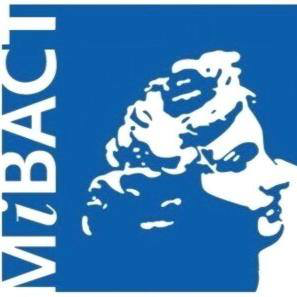Summary (English)
The ancient city, a few kilometers south west of the modern town of Sassoferrato, dates to the Roman period. To date no evidence has been found which establishes whether this was the first settlement in the area or whether there was an earlier settlement on the site. Sentinum stands on an alluvial plain at the confluence of the torrent of the same name and the river Marena, a short distance from the via Flaminia. The city was linked to the via Flaminia by a road which, passing through the nearby city of Suasa, reached Sena Gallica. From the epigraphic evidence it is known that it was a municipium ascribed to the tribe of the Lamonia and was part of the VI Augustan region, Umbria.
The excavations undertaken in 2002 provided evidence for the reconstruction of the plan of Sentinum, with its roads and public and private buildings.
In 2004 the western sector was investigated revealing the 4th-5th century A.D. phase, relating to the abandonment of the city. A large building with a portico was also found here, of which the open courtyard paved in opus spicatum, the perimeter walls and various adjoining rooms, situated along the line of the railway, were uncovered.
In 2005 and 2006 the excavation extended to the eastern sector of the city in correspondence with the crossroads between the cardo maximus and the decumanus maximus. In 2006 several public buildings situated at the meeting point of these two main roads were brought to light: a cult area with a small tetrastyle temple, of augustan date, linked to the porticoed building; a large circular monumental fountain and an open space where honorary monuments were placed.
- MiBAC
Director
Team
- Mara Silvestrini - Soprintendenza per i Beni Archeologici delle Marche
- Maura Medri - Università degli Studi di Genova, Dipartimento di Archeologia e Filologia Classica
- Sergio Rinaldi Tufi - Università degli Studi di Urbino, Facoltà di Lettere e Filosofia
Research Body
- Università degli Studi di Genova, Facoltà di Lettere e Filosofia
- Università degli Studi di Urbino, Facoltà di Lettere e Filosofia
Funding Body
- Comune di Sassoferrato
Images
- No files have been added yet




